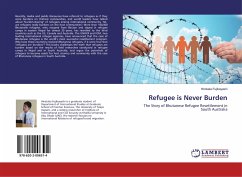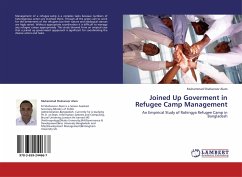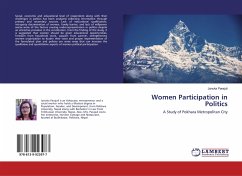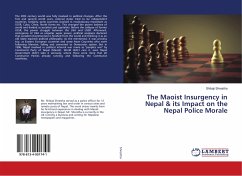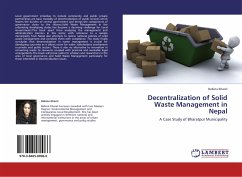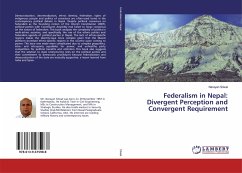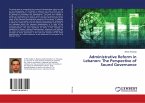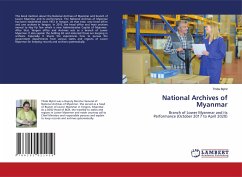Recently, media and public discourses have referred to refugees as if they were burdens on thehost communities, and world leaders have talked about "burden-sharing" of refugees among international community. Yet, are refugees really burdens on the host communities? More than 100,000 Bhutanese refugees, who escaped from Bhutan and stayed in refugee camps in eastern Nepal for almost 20 years, has resettled to the third countries such as the US, Canada and Australia. The UNHCR and IOM, two leading international refugee agencies, have announced that the case of Bhutanese refugees is the world's most successful resettlement program. Why have these countries received Bhutanese refugees, if it were true that "refugees are burdens"? This books challenges the myth that refugees are burden based on the results of field researches conducted in refugee camps in Nepal and in South Australia, and argue the potentials of refugees to become assets for host country and community with the case of Bhutanese refugees in South Australia.
Bitte wählen Sie Ihr Anliegen aus.
Rechnungen
Retourenschein anfordern
Bestellstatus
Storno

